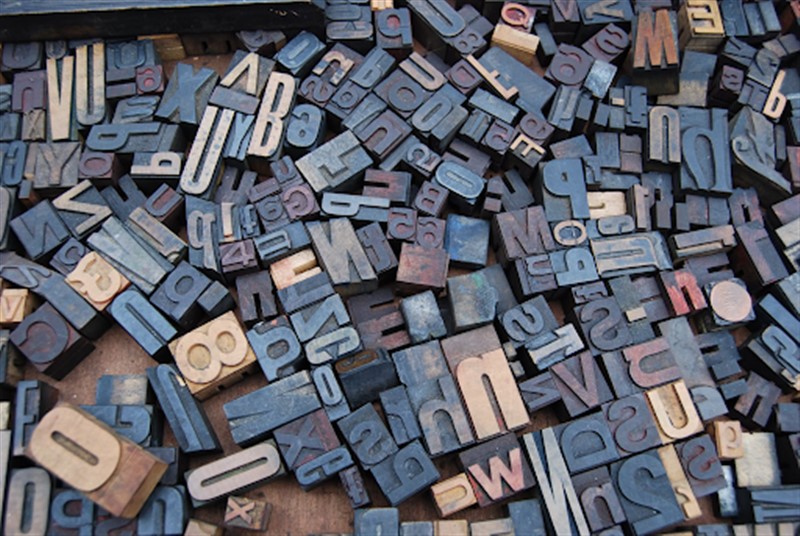Do you know what an apostrophe is? This article will provide you with all of the information you need on apostrophe, including its definition, usage, example sentences, and more!
-
Kevin
-
 December 11, 2021
December 11, 2021
-
 Common Questions
Common Questions
 December 11, 2021
December 11, 2021
 Common Questions
Common Questions
Do you know what an apostrophe is? This article will provide you with all of the information you need on apostrophe, including its definition, usage, example sentences, and more!
According to Ginger and Literary Devices, the word apostrophe is both a punctuation mark and a rhetorical or literary device. As a punctuation mark, an apostrophe has many uses. Remember that in most cases, plurals do not contain apostrophes. Apostrophes can be used to create contracted verbs by omission of a letter or more. These are also used for possession. They are often mistakenly used to form plural nouns from singular nouns as well as with pronouns. Apostrophes are used to show possession, or to create possessives, possessive forms, or the possessive case. However, possessive pronouns do not contain apostrophes. Apostrophes can be used to form the singular possessive or the possessive plural. They are also used for abbreviations. They can even be used to indicate plurals of abbreviations!
The word apostrophe originates from the Latin apostrophē, Late Latin apostrophus, and Greek apostrophos or the Greek apóstrophos, from the Greek apo and stréphein/strephein, which formed apostrephein. This comes from the verbid of apostréphein, as well as earlier apostrophus and strophe according to Merriam-Webster. It can also be used as a mark of elision. This has been used since c16. As a literary device, apostrophe is a form of an address to an abstract idea, a personified object, a dead or absent person, or an inanimate object. This could also be considered a form of digression. Be sure to consult style guides if you are unsure of how to use an apostrophe for the omission of letters or for possession. It can get tricky when there is a compound noun involved.

Apostrophe can be used in many different contexts in the English language. Trying to use a word or literary technique in a sentence is one of the best ways to memorize what it is, but you can also try making flashcards or quizzes that test your knowledge. Try using this term of the day in a sentence today! Below are a couple of examples of apostrophe that can help get you started incorporating this tool into your everyday use. Take a look at these apostrophe examples from Literary Devices and Kids Konnect and see how many you can say! Some of them are quite a challenge. Others are from famous authors and writers.
There are many different literary and grammatical techniques and devices that you might see when you are reading prose or poetry. It is important to recognize these devices because they are always used for some purpose. Knowing these devices can help readers understand the author’s deeper meaning and why they are using such a device. Take a look at the below list of literary devices from Reedsy and see how many you know! Then try researching ones that are unfamiliar to you.
Overall, the word apostrophe (əˈpɒstrəfɪ) refers to a punctuation mark like question marks, commas, single quotation marks, and others that you might see in composition or rhetoric. Apostrophes are used to show possession and to form abbreviations.